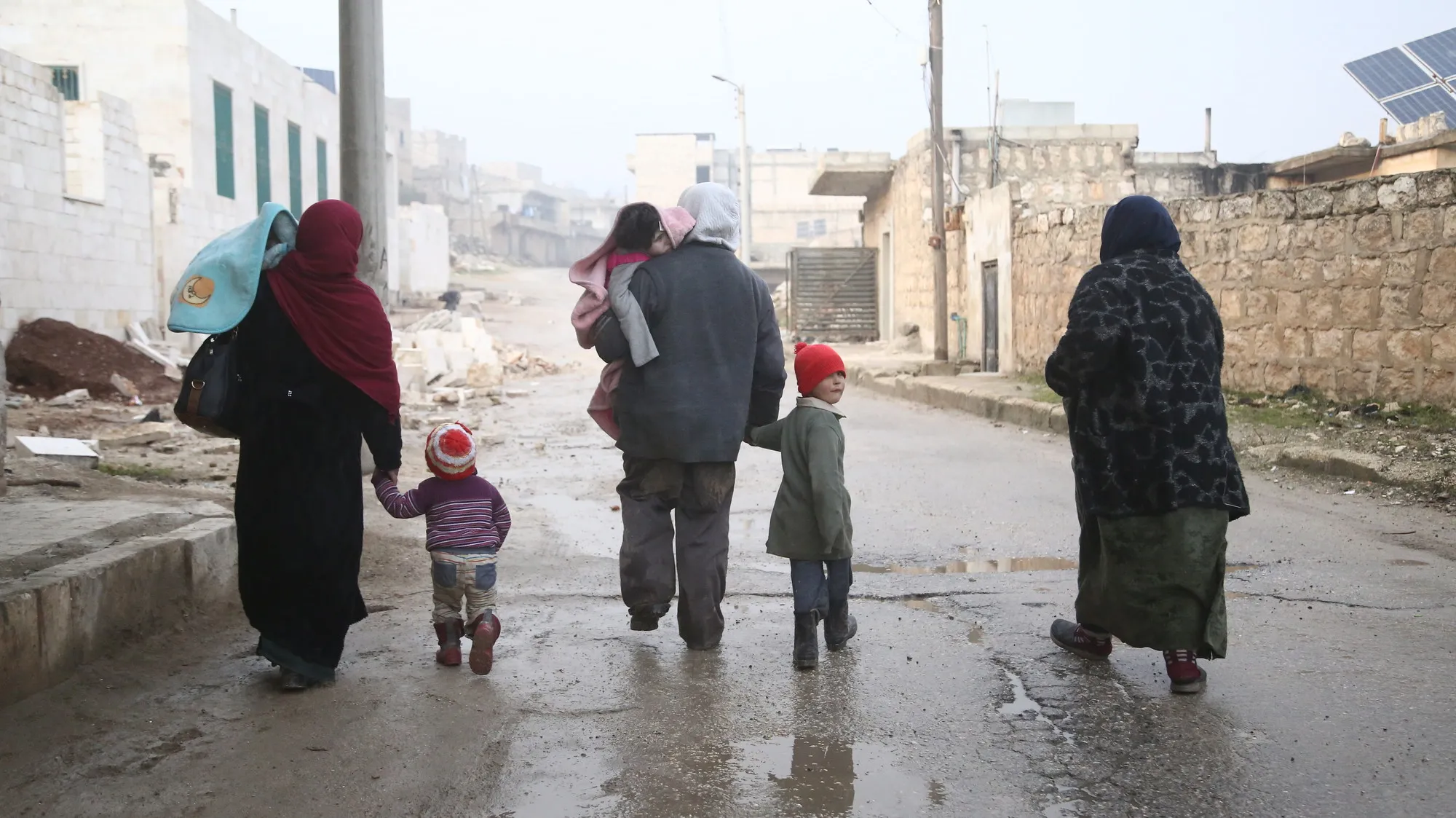CARE International strongly condemns the use of a veto on a humanitarian resolution in the Security Council yesterday which resulted in the Council’s failure to renew the cross-border resolution that ensured humanitarian assistance reaches people in critical need in Syria. At a time when needs across Syria are greater than ever before, the Security Council has effectively shut down a vital lifeline providing food, clean water, shelter, medical assistance, education and critical protection services that more than four million Syrians in the Northwest depend on for their survival.
This is a dark day in the 77-year history of the UN Security Council. International Humanitarian Law provides that Syrians all over the country who need humanitarian assistance are entitled to receive it, regardless of where they live. By putting politics above the lives of Syrians, members of the Council have abandoned Syrians across the country.
This decision will add to the suffering and loss of life amongst Syrians, especially women and girls. 11 years of this conflict have resulted in widespread human rights violations and denial of justice, resulting in ever mounting needs of Syrians. Within Northwest Syria an estimated 70% of the population is food insecure, some 1.7 million displaced suffer in inadequate or dire living conditions, with minimal access to health, education and other essential services. Vulnerabilities are on the rise, and people’s capacity to cope in this protracted conflict are plummeting. Increasing scarcity of resources such as water, and the economic crisis in Syria and Turkey have worsened a desperate situation. Now is the time for more, not less.
Together with our dedicated Syrian partners, CARE continues to provide assistance to people in Northwest, but we are deeply concerned that we cannot sufficiently scale up our work or even begin to meet the huge gaps left by the UN.
Syria has a unique coordination architecture to support efficiency in the response across its territory. It is incumbent upon the UN agencies to maintain effective joint coordination with NGOs to continue serving Syrians in the face of this new challenge.
In the context of an underfunded response in Syria, cross-border modality is critical to efficiency and cost-effectiveness of aid. Every dollar that is lost to increased cost of response is a dollar taken away from Syrians in need. In addition to delivery of supplies, the cross-border modality enables partners to provide sustained food and nutrition related assistance, livelihoods support, specialized protection services for women and girls in the form of case management and other vital services. Cross-line access alone cannot compare to or replace cross-border modality in either the quality, or volume of these services.
At a time when there is increasing emphasis on early recovery, the loss of reliable access enabled by the cross-border modality will jeopardize the money and response that donors and humanitarian actors have begun to invest in building the resilience of Syrians. The failure of the Security Council today will force the response in Northwest Syria to concentrate on supplies rather than services, and periodic deliveries rather than sustained assistance.
Simply put, there is no alternative for the UN cross-border assistance and coordination to reach the millions of Syrians in need. We call upon all parties to support principled humanitarian access and uphold humanitarian actors’ ability to deliver aid through all direct and most efficient modalities, to ensure Syrians across the country are able to receive it. We urge the Security Council to find a way to put politics aside, and urgently re-authorize cross-border assistance and ensure the lives of Syrian people come first.
For more information please contact:
Rachel Kent
CARE Senior Press Officer
Rachel.Kent@care.org

